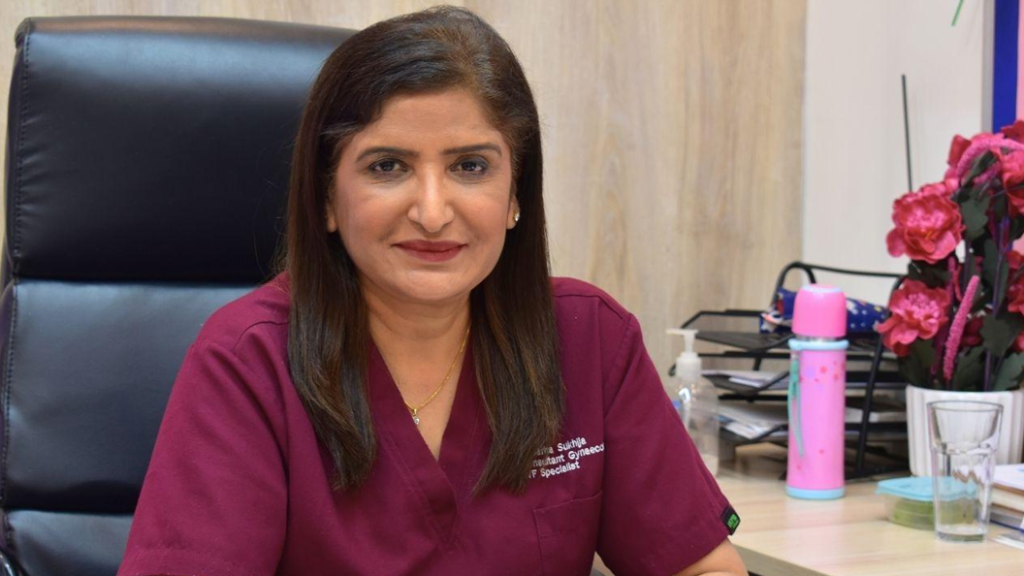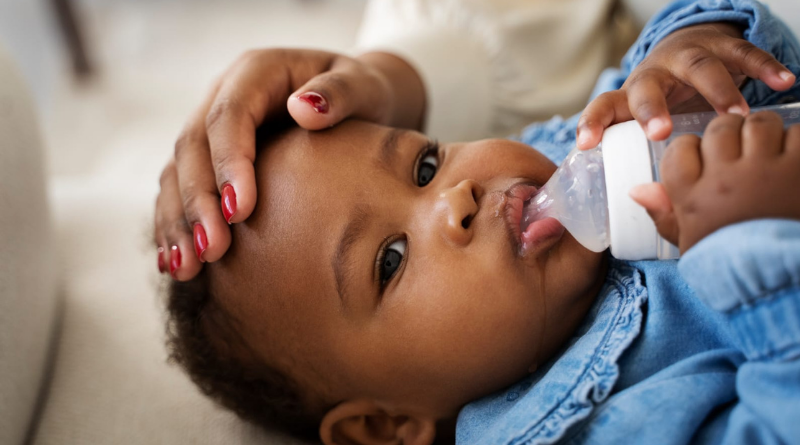Urban Kenyans Turn to IVF as Fertility Patterns Shift
By Chemtai Kirui | NAIROBI,
Kenya is witnessing a rising demand for in vitro fertilization (IVF) services as more couples seek assisted reproductive solutions amid growing awareness of fertility challenges.
A report by Worldometer, a global statistics reference website, indicates that Kenya’s total fertility rate—the average number of children a woman is expected to have over her lifetime—has declined steadily, from 3.21 in 2023 to a projected 3.12 in 2025. This figure is an average, meaning that across 100 women, there would be about 312 children in total.
Dr. Sarita Sukhija, a reproductive specialist at Nairobi’s Myra IVF Centre, said the clinic offers comprehensive fertility services, including IVF, egg freezing, and genetic testing, under one roof.
The centre, established four years ago, caters to couples who have struggled to conceive naturally for more than a year. Most clients are women in their late 20s and 30s, often urban professionals or couples delaying parenthood.

Globally, the fertility services market is projected to grow from USD 21.3 billion in 2025 to USD 30.87 billion by 2029, reflecting a 9.7% annual growth rate. This trend is mirrored in Kenya, where many women are delaying childbirth for educational and career pursuits.
The global rise in fertility treatments reflects changing reproductive trends, including delayed parenthood—a pattern increasingly seen among Kenyan women pursuing education and careers.
As women age, fertility naturally declines, leading to a higher demand for fertility preservation options such as egg freezing.
“The most fertile period for women is between 25 and 35 years,” Dr. Sukhija said. “For those who have delayed pregnancy beyond 35, IVF and egg freezing can significantly improve chances of having a child.”
IVF involves fertilizing eggs outside the body before transferring embryos into the uterus. At Myra IVF Centre, a full IVF cycle, including monitoring, egg retrieval, fertilization, and frozen embryo transfer, costs approximately KSh 550,000, with injections alone accounting for about KSh 120,000.
A few insurers in the country have begun to cover fertility services, including IVF — but most couples still have to pay out of pocket, with costs often running into hundreds of thousands of shillings.
The procedure carries a 20–30% chance of twin pregnancies if two embryos implant, though Dr. Sukhija noted that, once pregnant, an IVF pregnancy is largely similar to a natural pregnancy.
Couples with blocked fallopian tubes, low sperm count, or other fertility issues are the primary candidates for IVF, while younger couples may first undergo less invasive treatments such as intrauterine insemination (IUI).
Dr. Sukhija spoke on the importance of early intervention.
“Women who freeze their eggs at a younger age increase their chances of a successful pregnancy later,” she said, noting that egg quality and quantity decline sharply after 37.
The clinic also offers genetic testing for embryos, a service not widely available in Kenya, allowing identification of viable embryos and, in some cases, gender selection.
Frozen embryos can be stored for several years, enabling women to conceive when they are ready.
As awareness of assisted reproduction grows, Kenya’s fertility clinics are expanding access to advanced technologies previously limited to countries such as the United States and the United Kingdom.
Legal Framework for Assisted Reproductive Technologies in Kenya
Kenya is in the process of formalizing the regulation of assisted reproductive technologies through the Assisted Reproductive Technology Bill, 2022. This proposed legislation aims to provide a legal framework for ART services, including IVF, egg freezing, and surrogacy.
The Bill seeks to establish the Assisted Reproductive Technology Directorate, which would be responsible for developing standards, regulations, and guidelines on ART, licensing clinics, and ensuring compliance with ethical practices.
The Bill emphasizes the right of individuals to access ART services and mandates informed consent before any procedures are carried out. It also addresses the ethical considerations surrounding ART, including the use of embryos and the rights of children born through these technologies.
If enacted, the Assisted Reproductive Technology Bill, 2022, would mark a significant step towards regulating and standardizing ART practices in Kenya, ensuring that individuals seeking fertility treatments have access to safe and ethical services.
As it stands, the Bill is still under consideration in Parliament and has not yet become law, meaning fertility clinics continue to operate under general medical regulations rather than a specific ART framework.
With more couples seeking fertility solutions and regulations still in development, experts say early intervention and access to safe, ethical services remain critical for those struggling to conceive.
“Couples need to seek advice early. Both partners should adopt a healthy lifestyle, get tested, and understand the process, including costs and procedures,” Dr. Sukhija said. “IVF is accessible in Kenya, and with the right guidance, couples have real options to achieve parenthood.”




